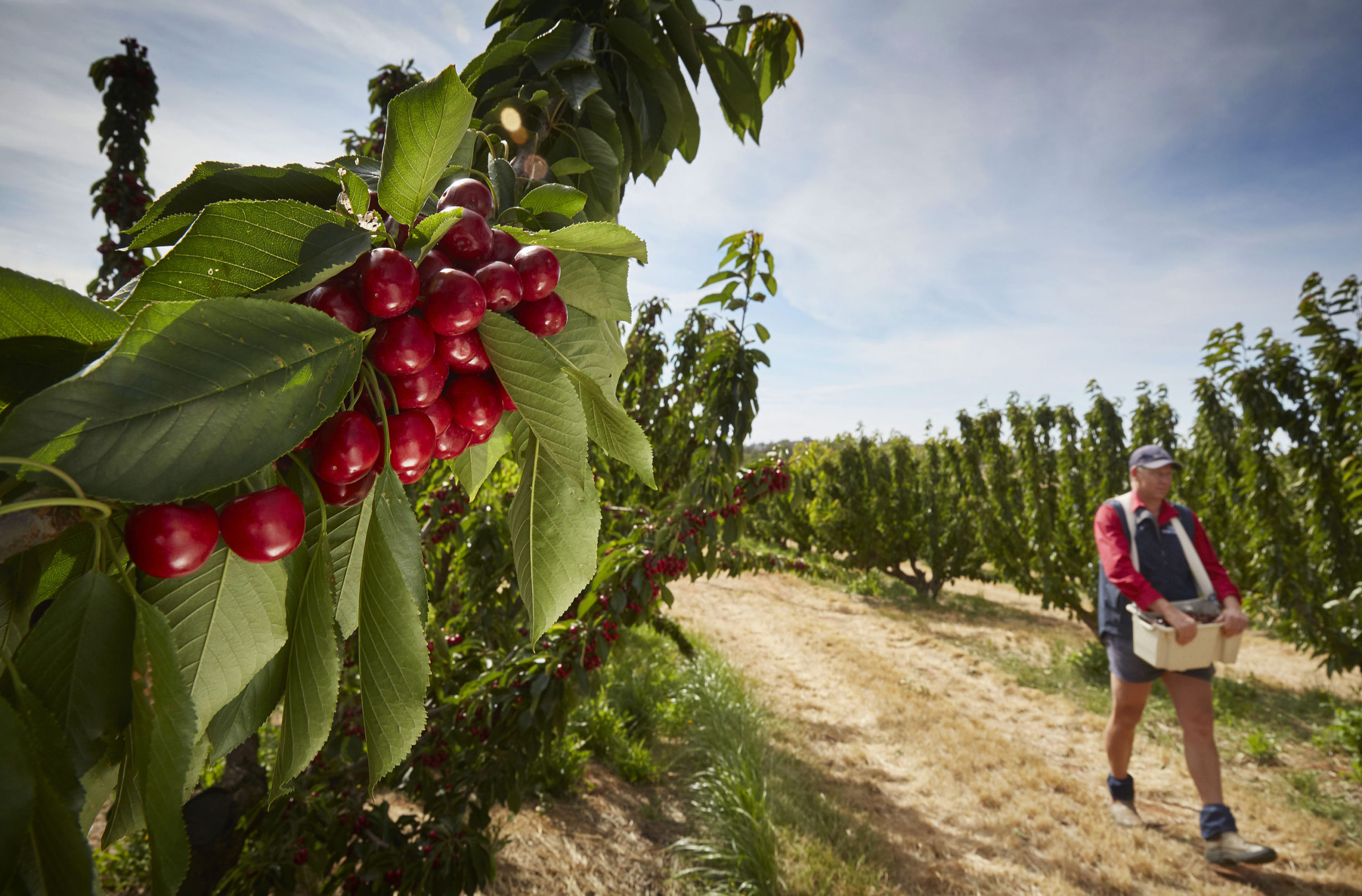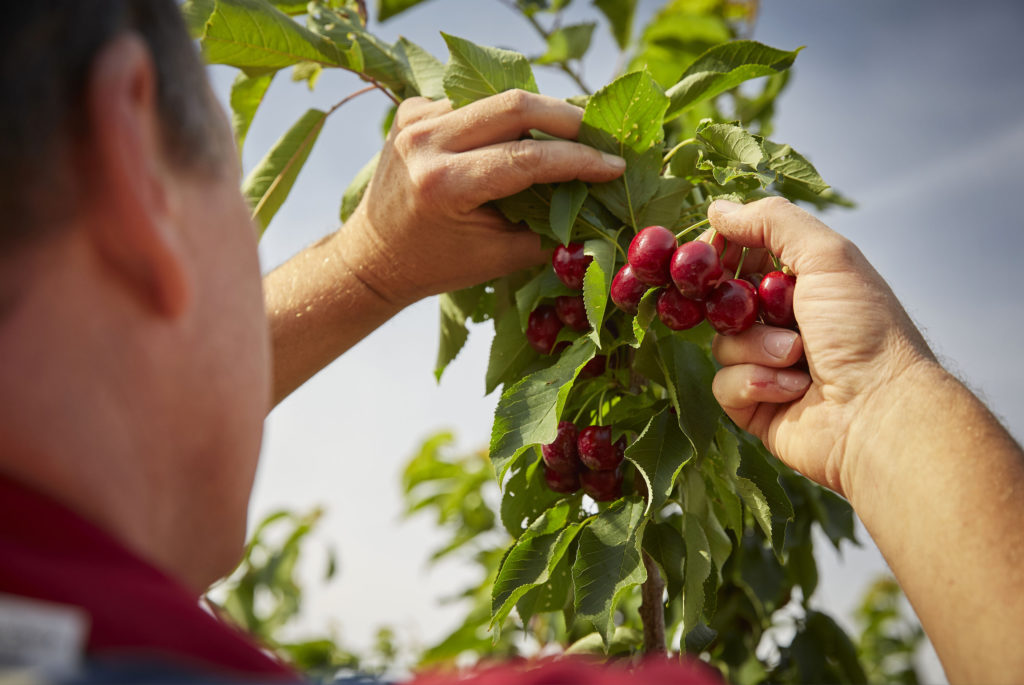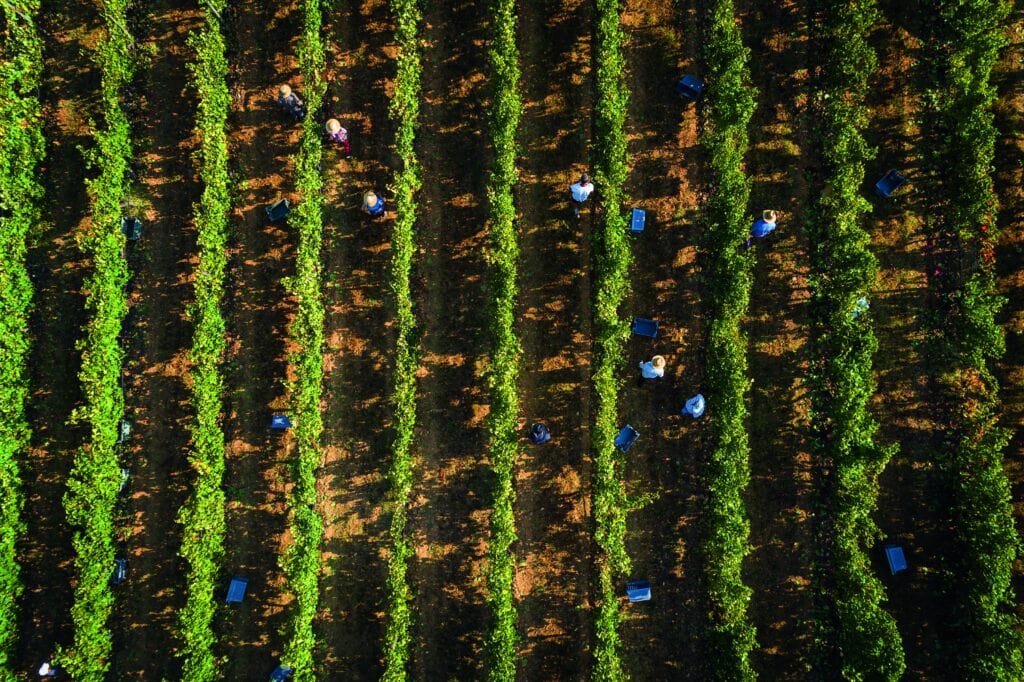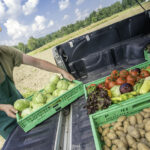NSW Farmers has welcomed a NSW government policy change which allows seasonal farm workers who…
Worker shortfall government assistance

The federal government has committed $17.4 million over the next two years to encourage people to move to regional areas but with a 26,000-worker shortfall predicted for the coming harvest many are asking, is this enough?
With blueberry picking underway and the cherry harvest to start next month, many growers are becoming increasingly worried that the fruits of their hard labour will end up being left to rot.
To try and increase agriculture worker numbers, the federal government pumped $17.4 million into a scheme that means eligible agriculture workers can receive a one-off $6,000 rebate to move to a regional area.
There is also a move to support stronger incentives to attract university students and school leavers to regional areas to undertake farm work.

But despite these efforts to remove barriers to agriculture work, NSW Farmers’ Horticulture Committee Chair, Guy Gaeta, remains deeply concerned that not enough is being done to address the shortfall.
His concerns are further exacerbated by the general reluctance of many locals to consider farm work or fruit picking as an option for work.
EY recently released a report that predicts a national farm worker shortfall of 26,000 people for the next six months.
“There has been a concerted effort to address the barriers to taking up agricultural work, such as accommodation and relocation costs for those making the temporary move from cities or other regions.
“NSW Farmers welcomes the Federal Government�s initiative to allocate $6,000 relocation grants to those taking up short-term farm work as part of this year�s Federal Budget.
“But more needs to be done to attract workers to the regions in time for harvest. Adequate accommodation is a key aspect of this, and government and industry need to work together to secure comfortable, COVID-safe and affordable accommodation for those making the temporary move.
NSW Farmers’ Horticulture Committee Chair Guy Gaeta
Consumers to bear the brunt of worker shortfall
It’s not just growers that will feel the pain of not having enough workers for harvest.

Mr Gaeta says the labour shortfall will also send up the price of popular summer fruits, like cherries and blueberries.
“Farmers on the cusp of harvest continue to hold grave concerns a labour shortfall will leave fruit to rot on trees and vines. And it�s not just farmers who should be worried. Over the next few months, customers will see volatility in the availability and pricing of popular summer fruits like cherries if there are not enough workers on farms to pick them.
NSW Farmers’ Horticulture Committee Chair Guy Gaeta
University and ‘gap year’ students
Mr Gaeta says finding ways to encourage university students and school leavers, who this year can’t go on their usual overseas ‘gap year’, to think about farm work is urgently needed.
He says many students would find the experience rewarding and it would also help them make friends while also earning money.

“NSW Farmers also supports stronger incentives to attract university students and school leavers to regional areas to undertake farm work,” he said.
“Coinciding with the end of the school year, harvest presents an opportunity for a �gap year� whereby students can make money and meet friends � especially with international borders and many state borders still closed.”
What needs to be done
Mr Gaeta says in the medium-term governments need to examine making allowances for seasonal workers and Working Holiday Makers to secure a workforce for next year’s harvest.
But right now government and industry need to act swiftly to ensure fruit isn’t left to rot over the coming months.
#timeisripe social media campaign
NSW Farmers is doing its bit to encourage workers to consider farm work as an option.
The association has launched a #timeisripe social media campaign to encourage people to take up farm work.
The campaign will mainly comprise short videos outlining the labour needs over harvest, as well as what people can expect when working on farms.
If you enjoyed this feature, you might like to read our one on skills funding









Great synopsis of the problem facing the industry, and ultimately the cost on consumers. The media could pitch in to help promote the #timeisripe campaign across all platforms.